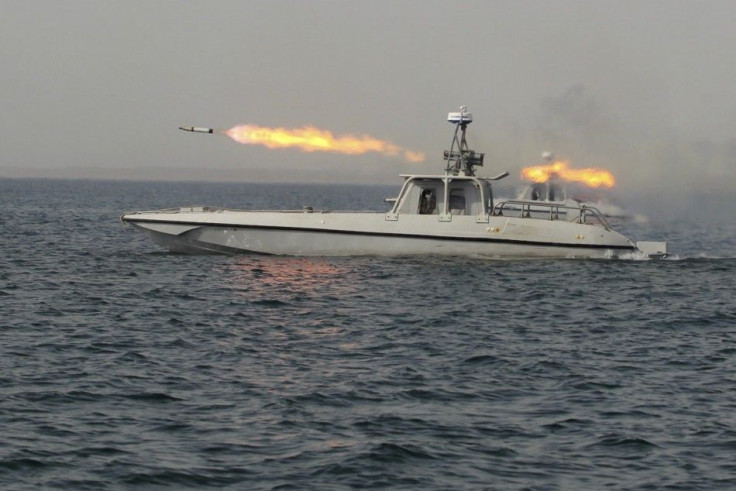Strait of Hormuz: Threats Rise as UK Mulls Greater Military Presence

Tensions in the already heated Strait of Hormuz in the Persian Gulf rose again on Tuesday when Great Britain said it was considering sending more military assets to the area.
In recent months, rhetoric between Iran and the West has grown increasingly hostile. Iran has threatened to close the Strait of Hormuz, a measure that the United States said it is prepared to take swift action to stop, according to The Associated Press.
“I have not looked at the exact military contingency plannings that there are and how long that would take,” U.S. NATO Ambassador Ivo Daalder told BBC Radio on Tuesday.
“But of this I am certain: the international waterways that go through the Strait of Hormuz are to be sailed by international navies including ours, the British and the French and any other navy that needs to go through the Gulf; and second, we will make sure that that happens under every circumstance.”
About one-fifth of all the world's oil passes through this narrow Gulf shipping lane, and closing the Strait could have a drastic impact on the global marketplace by driving up oil prices. But Iran is prepared to shut down the Strait if the U.S. and international bodies such as the European Union (EU) and the United Nations impose more economic sanctions on the country.
On Monday, the EU placed a new oil embargo on Iran, stopping all new contracts between the Islamic Republic and member states.
Iran has already said that the sanctions are doomed to fail, and others have suggested that they will backfire and the economic impact will hurt the already-oppressed Iranian people more than the government.
Ineffective Western sanctions are not a threat to us, but an opportunity that has brought a lot of benefits, Hojjatol-Islam Heydar Moslehi, Iran's head of the Ministry of Intelligence, said in Isfahan on Monday, adding that the sanctions will help Iran diversify its economy.
In December, Iran threatened to respond to any more U.S. ships traveling through the Strait of Hormuz.
“I recommend and emphasize to the American carrier not to return to the Persian Gulf,” Iranian army chief Ataollah Salehi stated. “We are not in the habit of warning more than once.
As if to test the waters, the United States, France and Great Britan sent four warships -- including the USS Abraham Lincoln aircraft carrier -- through the Strait of Hormuz for a “regular and routine” voyage on Sunday.
Despite the warnings, the ships sailed through the passage without incident.
© Copyright IBTimes 2025. All rights reserved.





















